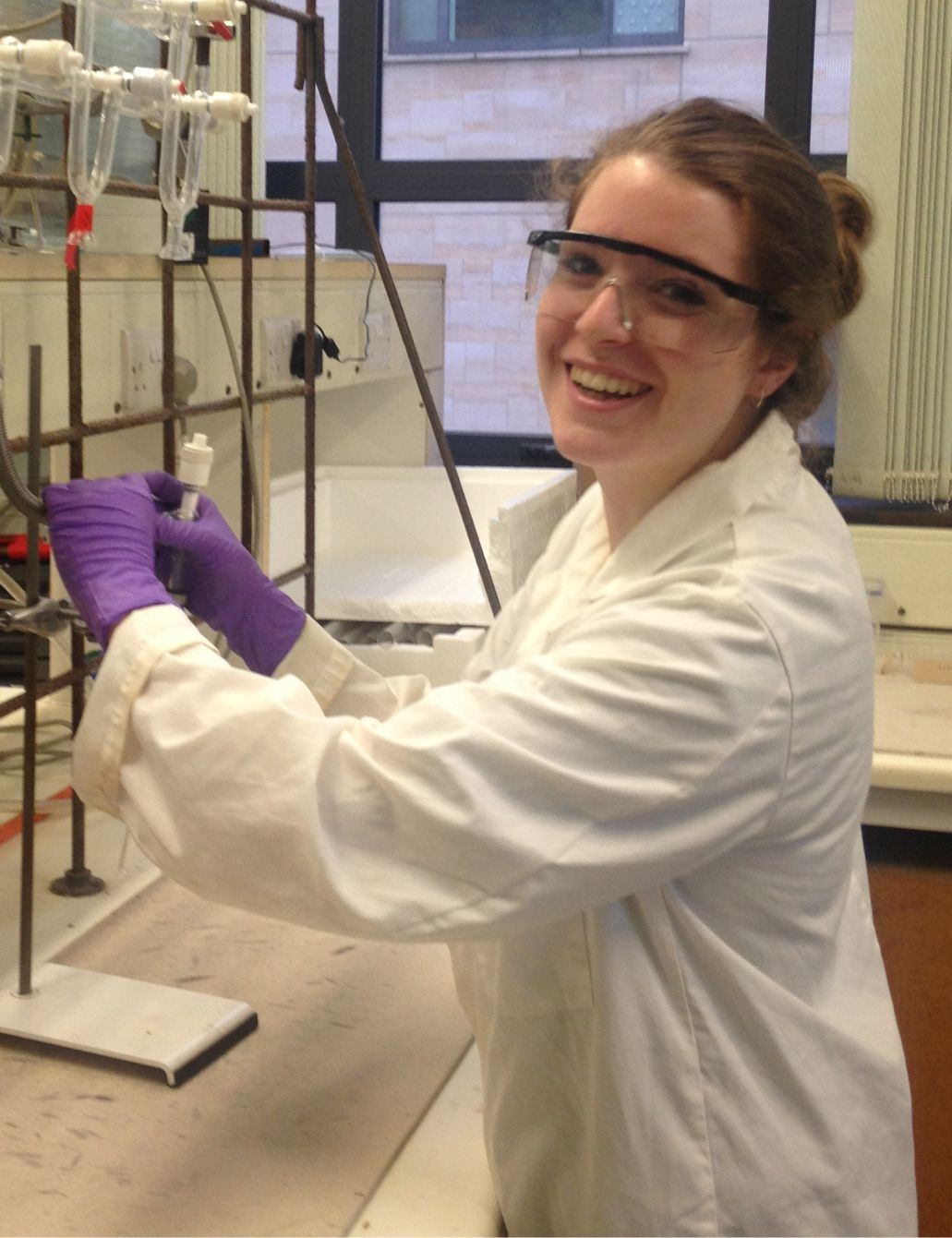 The fourth year project (known as ‘part II’) is the most exciting year Chemistry at Oxford has to offer. You swap lectures, exams and tutorials for working as a Masters student in one of the many incredible Oxford research groups. In addition it is a very different timetable, where you work on average from 9am-5pm on weekdays and weekends are actually weekends again! The year allows you to conduct your own experiments, with scope for a large amount of independence and creativity, with the support of and collaboration with experts in your chosen field of research. In addition you are really made to feel part of the group; participating in weekly group meetings where you can discuss and present your work, and importantly all the lab socials and cake/tea breaks. For these reasons it has been my favourite year of the Chemistry course, as I really enjoyed narrowing the scope being studied and focusing on a small area in detail, where you can carry out experiments that nobody has done before.
The fourth year project (known as ‘part II’) is the most exciting year Chemistry at Oxford has to offer. You swap lectures, exams and tutorials for working as a Masters student in one of the many incredible Oxford research groups. In addition it is a very different timetable, where you work on average from 9am-5pm on weekdays and weekends are actually weekends again! The year allows you to conduct your own experiments, with scope for a large amount of independence and creativity, with the support of and collaboration with experts in your chosen field of research. In addition you are really made to feel part of the group; participating in weekly group meetings where you can discuss and present your work, and importantly all the lab socials and cake/tea breaks. For these reasons it has been my favourite year of the Chemistry course, as I really enjoyed narrowing the scope being studied and focusing on a small area in detail, where you can carry out experiments that nobody has done before.
I chose to spend my 4th year working in Prof. Michael Hayward’s research group, which investigates the synthesis of new Solid State compounds, aiming to make materials with interesting magnetic or electronic properties. This could include magnetoresistance, superconductivity and half-ferromagnetism, which have technological applications in many areas including lithium ion batteries, fuel cells and memory storage. My project was working with rhodium-containing oxides and reducing them in order to reduce the oxidation state of rhodium. Rhodium is not only an under-researched element (because of its high cost), but had previously only been made in the +3 oxidation state in extended oxides. During my research I explored whether a variety of 3d transition metals could stabilise low oxidation states of rhodium upon reduction. This was found to be possible, and rhodium (I) was successfully synthesised in a variety of structures and samples. This was particularly exciting because these structures are the same as the parent phases of the cuperate high temperature superconductors.
Not only did I really enjoy being absorbed by my project on a daily basis, but I also enjoyed the challenge of finding ways around the inevitable and constant complications of lab research, be that experimental or chemical issues. Therefore when the research uncovers something new and exciting, there is a huge sense of achievement, as all the hours of trying again and again and again have paid off.
The first three years of the chemistry course provide a very broad knowledge of chemistry and are a strong grounding in preparation for fourth year. It was exciting to apply this knowledge to a research scenario and develop my experimental techniques. This compulsory fourth year project is a standout part of studying Chemistry at Oxford, and it is a good way to test-run postgraduate study. Writing up my project as a thesis at the end of the year was a good way to consolidate the research and document what I had learnt and achieved. The part II year has been a great way to end my time at Oxford.
By Karen Meadows – 4th Year Chemist
